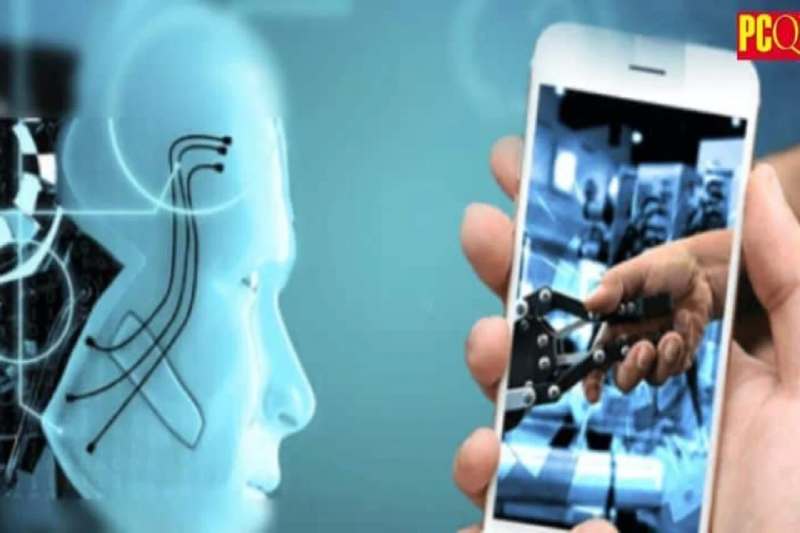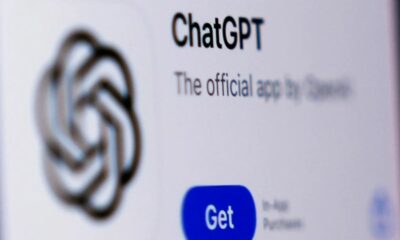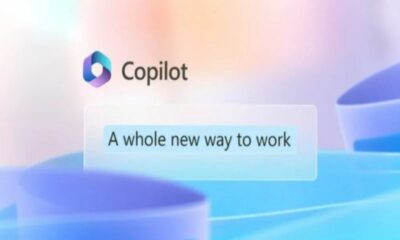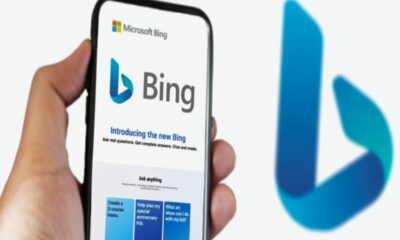The smartphone revolution was sped up when Steve Jobs unveiled the original iPhone in 2007, which came with a limited number of Apple-made apps. Neither an app store nor a software development kit (SDK) were available for third parties to use in order to create apps. When the doors were opened to the development of apps in early 2008, everything changed.
Millions of smartphone apps have been created for Android and iPhone devices since then, and they have had a profoundly revolutionary effect on society.
However, is the app economy about to end?
There may be preconditions for a post-app era, given the recent explosion of innovation in artificial intelligence (AI), especially generative AI. It may bring about entirely new ways for us to interact with our gadgets and for businesses to provide goods and services.
The notion that the usefulness of apps is diminishing is not a novel concept. In fact, observers have been arguing that an app isn’t the best experience for more than ten years. An app is a stand-alone software application on a screen of icons that needs to be found, opened, and used.
These days, certain smartphone features don’t call for these kinds of actions. You can read a pushed notification and reply to it if needed, skipping the app entirely. The device can control security just by glancing at your face. Voice commands are used by Siri and Google Assistant on Android devices to find locations and perform actions like playing music and providing driving directions.
Although smartwatches, with their multitude of non-app functions, haven’t completely replaced apps, their extraordinary popularity suggests that people are willing to try new things when it comes to using technology.
The majority interface that users use to interact with their mobile devices is still apps, even in spite of these advancements.
Over six billion smartphones are in use worldwide, demonstrating how widely used they are. 88 percent of American mobile device users’ time is spent using apps. A significant amount of that percentage is made up of games, with business, education, and lifestyle uses following.
Apps have revolutionized the way purchase goods, find dates, and consume information and entertainment. Apps offer businesses a completely new avenue for communication. These days, a business lacking an app is an anomaly, and it might be a decision that is costing it actual money in lost opportunities.
What are the chances that installed, standalone apps will lose their position as the industry leader? Whether there is a better option is a key question to address.
Popular needs have been consolidated into a single interface by smartphones and apps. Common functions like playing games, obtaining directions, making payments, obtaining information, snapping photos, capturing videos, and much more are on the extensive list. Without a doubt, this change has completely changed the game. Grab your phone, find or download an app, and you’re set to go.
But what if all you had to do was give a voice command to fulfill your needs instead of having to find an app? Or, even better, what if your device knew who you were and knew exactly what you needed, taking care of it for you?
Apps may suddenly seem excessively complicated. This intelligent of a device would eliminate the need to choose an app, find and launch it on a device, memorize its numerous instructions, and then follow them. This would eliminate a significant layer of overhead. Technology would become almost invisible, fading into the background.
For more than thirty years, Bill Gates, the former CEO of Microsoft, has written about software, the future of software, and the idea of software-enabled personal assistants, or what he calls agents. His predictions are only now starting to come true because have developed the necessary technology thanks to advancements in artificial intelligence. To quote him, “You won’t have to use different apps for different tasks. You’ll simply tell your device, in everyday language, what you want to do. And depending on how much information you choose to share with it, the software will be able to respond personally because it will have a rich understanding of your life.”
In a world without apps, cellphones might become obsolete. The AI Pin was created by the San Francisco-based startup Humane. It’s a tiny, voice- and hand-activated wearable gadget that fits like a lapel pin and is slightly larger than an Apple AirPods charging case. Although it lacks a screen, it can project images and text onto a person’s hand. It lacks a screen, but according to the developers, it has all the features of a smartphone. Get a peek of the future and the potential of an entirely new market with the Ai Pin.
Millions of apps and billions of dollars are made annually by app developers in our world. In an industry this big and complex, a post-app, or software agent world, will bring about significant and frequently unsettling change. Additionally, businesses will need to reconsider and reimagine how they interact with consumers. However, as one age transitions into another, new possibilities and innovations may arise.
Though there is still a long way to go before this future is fully realized, it will fundamentally alter the way interact with computers and the outside world.


 Entertainment2 weeks ago
Entertainment2 weeks ago
 Entertainment2 weeks ago
Entertainment2 weeks ago
 Entertainment2 weeks ago
Entertainment2 weeks ago
 Entertainment2 weeks ago
Entertainment2 weeks ago
 Entertainment3 weeks ago
Entertainment3 weeks ago
 Entertainment2 weeks ago
Entertainment2 weeks ago
 Entertainment3 weeks ago
Entertainment3 weeks ago
 Entertainment2 weeks ago
Entertainment2 weeks ago














